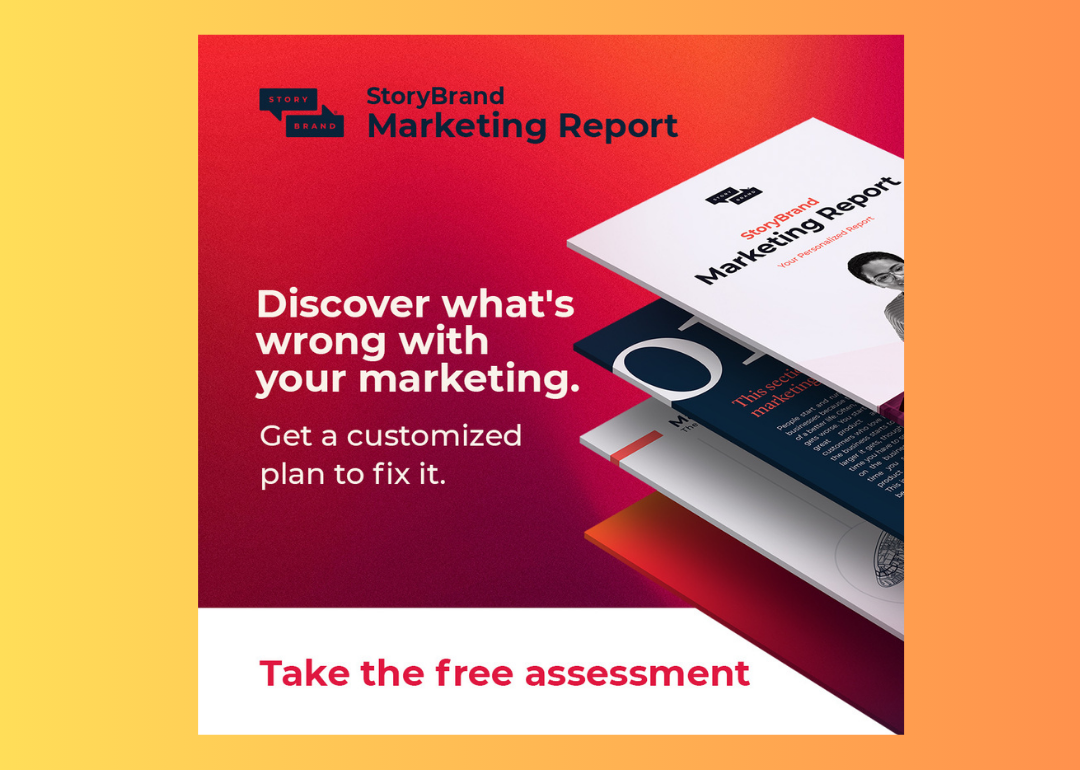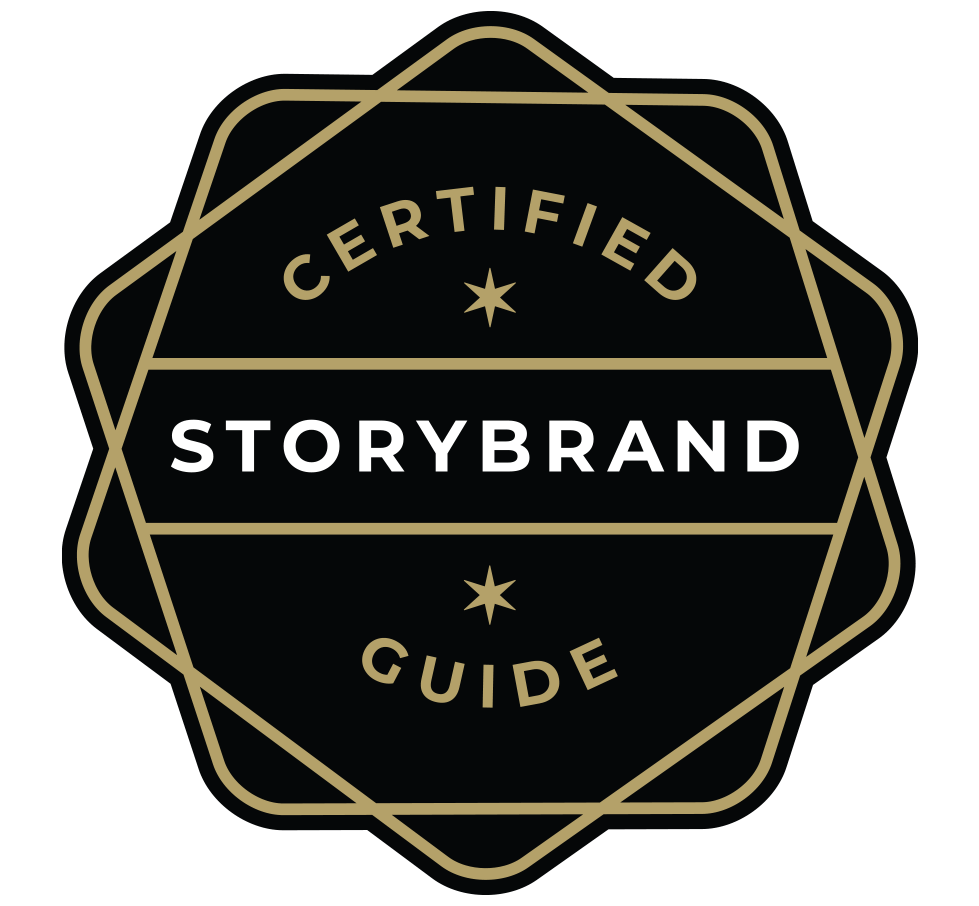Streamlining Success: Digital Marketing Tools to Automate Your Workday
In the hyper speed domain of digital marketing, time is always of paramount importance. As campaigns become more complex & data-driven, marketers are increasingly turning to automation to streamline their workflows & boost efficiency. A deluge of digital marketing tools are now available, offering features ranging from social media scheduling to email marketing automation. Let’s explore some top recommendations to make your workday easier & boost the effectiveness of your digital marketing strategies.
Social Media Scheduling Tools
Hootsuite: Hootsuite is a comprehensive social media management platform that allows you to schedule posts across various platforms, track engagement & analyze performance. Its intuitive interface & collaborative features make it a go-to tool for managing social media content.
Buffer: Buffer simplifies social media scheduling by allowing you to plan & schedule posts across multiple platforms in one place. Its analytics feature provides valuable insights into post performance, helping you refine your social media strategy.
Email Marketing Automation
Mailchimp: Mailchimp is a user-friendly email marketing platform that offers automation features, allowing you to set up email campaigns triggered by specific actions. From welcome emails to abandoned cart reminders, Mailchimp automates the process, saving you time & ensuring consistent communication.
HubSpot: HubSpot is an all-in-one marketing platform that includes robust email marketing automation capabilities. It goes beyond basic automation, offering features like lead scoring & personalized content recommendations to enhance engagement.
Content Creation & Curation
Canva: Canva is a versatile design tool that simplifies the creation of eye-catching visuals for your digital marketing campaigns. With pre-designed templates & easy-to-use editing features, Canva empowers marketers to produce professional graphics without the need for extensive design skills.
Feedly: Stay informed & inspired with Feedly, a content curation tool that aggregates content from various sources based on your interests. Use it to discover trending topics & curate a stream of relevant content to share across your social media channels.
SEO & Analytics
Google Analytics: A staple for any digital marketer, Google Analytics provides in-depth insights into website traffic, user behavior & more. Set up automated reports to receive regular updates on key performance metrics, saving you time on manual data collection.
SEMrush: SEMrush is a comprehensive SEO tool that goes beyond keyword research. It offers features like site audit & backlink analysis, helping you optimize your website for search engines. Automated reports & alerts keep you informed about changes in your website’s performance.
Project Management & Collaboration
Trello: Trello is a visual project management tool that simplifies task organization & collaboration. Create boards for different projects, assign tasks & set deadlines to keep your team on track. Trello’s automation features put repetitive tasks on autopilot, such as moving cards between lists.
Asana: Asana is a powerful project management platform that facilitates collaboration & project tracking. With features like task dependencies & automated workflows, Asana helps you streamline your projects & ensure deadlines are met efficiently.
Chatbots & Customer Support
Drift: Drift is a conversational marketing platform that includes chatbot functionality. Use Drift’s chatbots to engage with website visitors, qualify leads & deliver instant customer support. Automation features enable you to set up targeted messaging based on user behavior.
Zendesk: Zendesk is a customer support platform that offers automation capabilities to streamline ticket management & resolution. Use automation rules to categorize & prioritize support tickets, ensuring a timely & efficient response to customer inquiries.
Tips for Implementation
1. Define Clear Objectives: Clearly define your marketing objectives & identify tasks that can be automated to achieve efficiency without sacrificing quality.
2. Integration is Key: Choose tools that seamlessly integrate with each other to create a unified marketing ecosystem. This ensures smooth data flow & eliminates silos.
3. Regularly Review & Optimize: Set aside time for regular reviews of your automated processes. Analyze performance metrics & make adjustments to optimize your workflows for better results.
4. Invest in Training: Ensure your team is well-versed in using the selected tools. Training sessions can help maximize the benefits of automation & reduce the learning curve.
The right digital marketing tools can significantly impact your efficiency & effectiveness as a marketer. By incorporating automation into your workflows, you can free up valuable time, reduce manual errors & focus on strategic tasks that contribute to the success of your campaigns.



